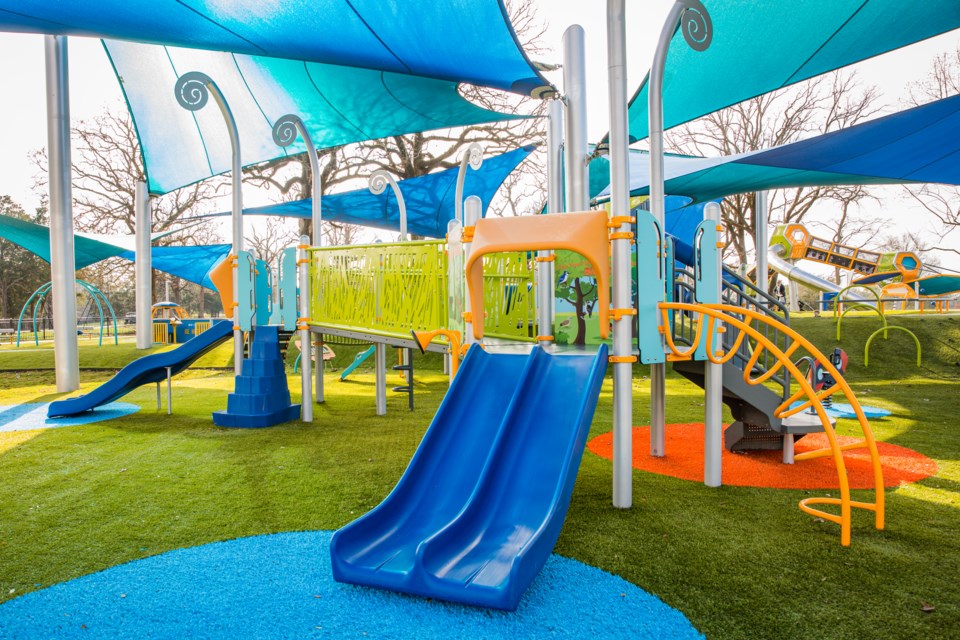Kamloops-North Thompson MLA Peter Milobar is calling on the premier to support a province-wide ban on drug use in municipal parks and playgrounds.
Milobar spoke in the legislature on Monday, saying a ban on hard drugs in school playgrounds would be a “good thing.”
“We were happy to hear that the former minister of education, Mr. Speaker, made sure that steps were taken to have a province-wide ban on the use of things like crack, crystal meth and fentanyl in school playgrounds,” said Milobar.
“Unfortunately that minister is now the mental health and addictions minister.”
Milobar said municipalities are met with “resistance” by the provincial government when asking to implement the same ban in municipal parks and playgrounds.
“It's met with resistance by these health authorities, and for Interior Health to suggest six months is a good time to just wait, Mr. Speaker — in one month's time school is out. Those kids don't have a safe haven of a school playground to go to,” said Milobar.
“Why will this premier not instruct this minister to implement the same province wide ban that municipalities are asking for municipal parks and playgrounds in this province?"
In a visit to Kamloops on Sunday, Premier David Eby said he has spoken to Mayor Reid Hamer-Jackson about banning drug use in public parks.
“I know it’s a concern of the mayor and council here,” Eby said.
Eby said decriminalization was recommended by chiefs of police and garnered bipartisan support in the Legislature.
“But making sure that that initiative is balanced with the need for safe public spaces for families, for kids, is a really important priority,” he said.
“Certainly for our government and I know for local governments, so we're going to continue that work.”
Eby said the provincial government is also working with the federal government to make “sure that our court system is working the way that people expect it to.”
“We're all gonna have to work together to deliver results for people,” he said.
Jennifer Whiteside, Minister of Mental Health and Addictions, responded to Milobar in legislature on Monday, saying the Thompson Cariboo Shuswap health service delivery are has the fourth-highest death rate due to toxic drug poisoning in the province.
“This is a challenging, challenging issue,” she said.
“This is taking all of the incredible kind of innovation and dedication of our front-line health resources of all of our community partners in order to try to change the dial on a crisis that is the leading cause of unnatural death in our province.”
Whiteside said she has met with representatives from various municipalities over the last couple of months to discuss their concerns.
“Communities are best placed to know how they need to address issues at the community level, and they are well practiced in the law in British Columbia, the public health law, that requires and sets out a provincial framework, a statutory framework for municipalities to work with public health to address issues in their communities,” she said.
“That is the process I expect that will will be undertaken in the weeks and months to come on this issue.”
Decriminalization took effect in January, a pilot program allowing adults to carry up to 2.5 grams of drugs, including cocaine and methamphetamines, as well as opioids, including heroin and fentanyl.
The decriminalization policy serves as a pilot program in Canada after being granted approval by Ottawa.
Recently, Kamloops City Councillor Katie Neustaeter introduced a motion to ban drug use in parks and other public spaces, in line with existing bylaws that restrict public smoking and alcohol consumption.



